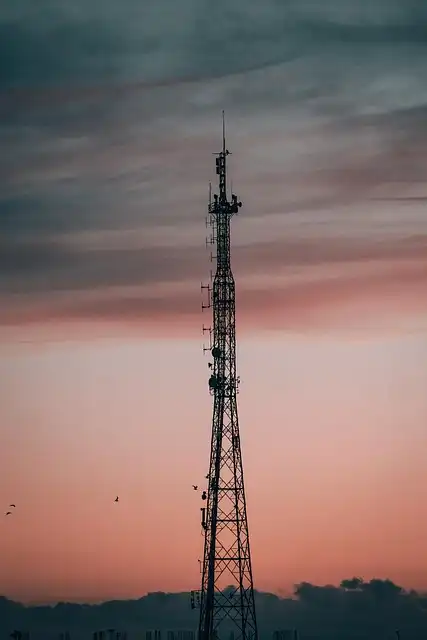Reliance Challenges Haryana’s Telecom Charges: RoW Dispute

Reliance Projects challenges Haryana's telecom charges, citing conflict with 2024 Telecommunications (Access) Guidelines. Seeks stay on state laws, arguing only Parliament can regulate telecom network charges and RoW permissions.
Reliance Projects has come close to the High court, challenging Haryana’s community and panchayati raj legislations relating to telecom network erection and upkeep charges. The firm seeks a remain on these arrangements, saying they contradict the Telecommunications (Access) Guidelines, 2024. While the court sought a response from Haryana, it declined to remain the High Court’s judgment supporting the state’s legislative proficiency.
Telecom Act 2023 & RoW Policies 2024 Impact
Post the coming into pressure of the Telecommunications Act 2023 and the Telecommunications (RoW) Policies 2024, the Centre had actually issued an instructions in November to all states to release information to concerned authorities and implement the 2024 Guidelines. Hence, the state legislations and rules for law and upkeep of mobile interaction towers, and so on are no longer implementable, with the entering pressure of the 2024 Policies that changed earlier regulations regulating the market, Dependence affirmed.
High Court Refuses Stay on Telecom Charges
A Bench led by Justice PS Narasimha while seeking feedback from the Haryana federal government and others on a number of petitions submitted by RPPMS and others refused to remain the Punjab and Haryana High Court’s full bench’s December judgment that held that the Haryana government was within its legal competence to establish provisions for controling the erection and maintenance of mobile interaction towers, consisting of RoW approvals and charges.
The Indian Telegraph Access Policy 2016 had actually previously prescribed a fee of Rs 10,000 for mobile towers and Rs 1,000 per kilometer for below ground telegraph infrastructure, it claimed, adding that no other fees might be billed under the 2016 regulations. In 2022, the 2016 policies were modified to specify the optimum charges that might be levied by an “proper authority” towards any fees, settlement or reconstruction costs.
Parliament’s Authority Over Telecom Regulations
According to Reliance, only Parliament is qualified to enact a regulation for managing all issues concerning erection and maintenance of telecommunication networks like mobile towers, optical fiber wires, consisting of defining a ceiling on charges. For this, the Parliament had actually passed the requisite regulations, and the Main federal government has also framed guidelines, it informed the SC.
“Greater than 13 states have actually applied the 2024 Row Policy. A number of various other states, including Punjab and Haryana proceed to carry out state regulations and/or Policies which independently manage the erection and upkeep of mobile interaction towers, including RoW permissions and costs,” the Ambani company informed the court
States Charging Exorbitant RoW Fees
While some states amended their regulations to bring them in accordance with the Row Rules, some states like Haryana and Punjab continued to bill exorbitant rates for Row consents, including for the erection of telecommunication infrastructure on private property, the charm stated.
It likewise wanted a remain on any kind of actions or needs that were being elevated for Row permissions charges on the premises these contrasting and in excess of that recommended under the Telecommunications (Right-of-way) Policies, 2024.
1 growing trend2 Haryana
3 Reliance Projects
4 telecom charges
5 Telecommunications Act
« India 5G Capex Downturn: No Compelling Use Cases YetAirtel’s Active User Growth Surges; Jio Stagnant »
